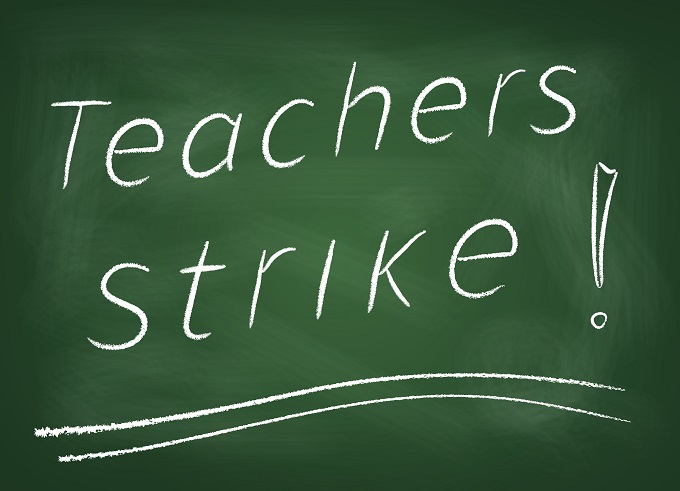
AdobeStock, by photo4luck
PPTA Te Wehengarua members, representing 20,000 secondary and area schools teachers and principals, have rejected their government offers on December 6, just ahead of the Christmas break. Teachers have also voted to take a one-day strike in Term One of 2023, and impose a ban on internal relief cover.
Last week, secondary school teachers attended a paid union meeting to discuss offers made by the government. Negotiations have been ongoing for six months. Claims included a pay increase to address the rising cost of living, workload controls and provisions to attract more teachers to the profession. The offer made by the government fell short of these claims, coming in at a $6000 pay increase over two years. PPTA Te Wehengarua President Melanie Webber noted that this wasn’t enough to keep up with rising inflation. She says without a better offer, understaffing issues in the sector are likely to be exacerbated.
“Teachers are exhausted” Webber told School News NZ.
“It’s been a really tough couple of years in schools, and [educators] have been pulling out all the stops to keep learning going for the students. We’ve got an offer that sees us falling further and further behind and doesn’t address the claims we have that are related to pastoral support for our students.”
These include provisions for more counsellors and support staff in schools, to address what Chair of Secondary Principals’ Council, Kate Gainsford, describes as “increasing numbers of students experiencing mental health and social challenges”.
Webber describes the support for industry action among secondary school teachers as “overwhelming”, which she says shows that “we are willing to fight for this”.
“Industrial action is never undertaken lightly. We become teachers because we want to be in classrooms with our students, not wandering down the street yelling.”
Webber emphasises that industry action means more disruption on top of years of disrupted learning, which isn’t an outcome that anyone wants: “teachers are really reluctant, so we’re hopeful that this can be resolved”, says Webber.
Significant teacher shortages are also impacting learning, notes Webber, which is why the internal cover ban is so important to the industry action. Currently, teachers are giving up their preparation and marking time to cover for absent colleagues because of a lack of relief teachers. Time required to prepare classes and do marking then needs to be made up outside of formal hours, which Webber says is “burning out teachers our because they’re continually doing the extra mile… it’s simply not sustainable”.
These conditions are causing people to leave the profession, said Webber.
Concerns voiced by the PPTA mirror statements released by colleagues NZEI Te Riu Roa, illustrating a sector-wide dissatisfaction with working conditions.
Webber concluded by stating: “We really hope the government improves the offers sufficiently to head off the likelihood of a summer of discontent in our schools next year.”
A new report from the University of Auckland’s Our Voices Project asks young people what…
The government has opened a tender for new standardised assessment tests, leaving educators shocked and…
Early in her career, Kiri Turketo found inspiration in an unlikely source. In this Principal…
Real stories of dedication, challenges, and triumphs from educators in NZ. Part six comes from…
Is fast furniture impacting your school's environmental footprint? We explore eco-friendly solutions to reduce furniture…
A new report from the New Zealand Initiative argues we need a stronger and clearer…
This website uses cookies.